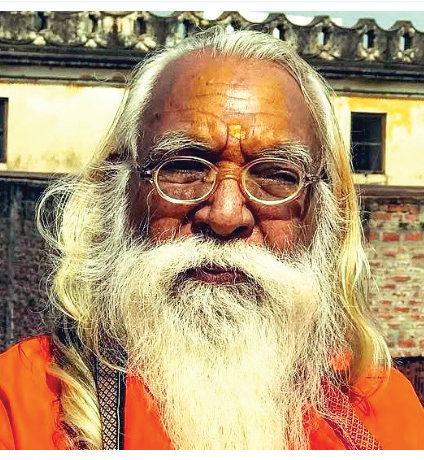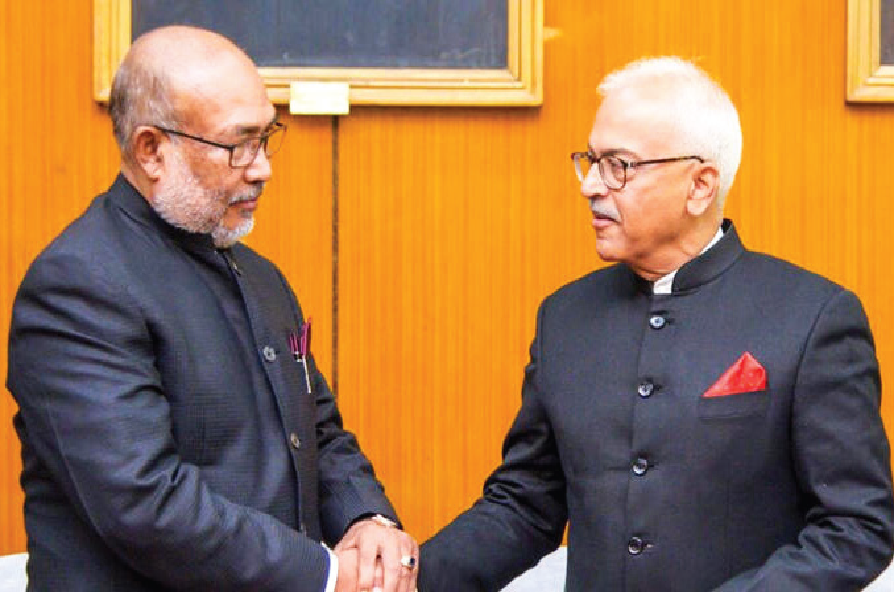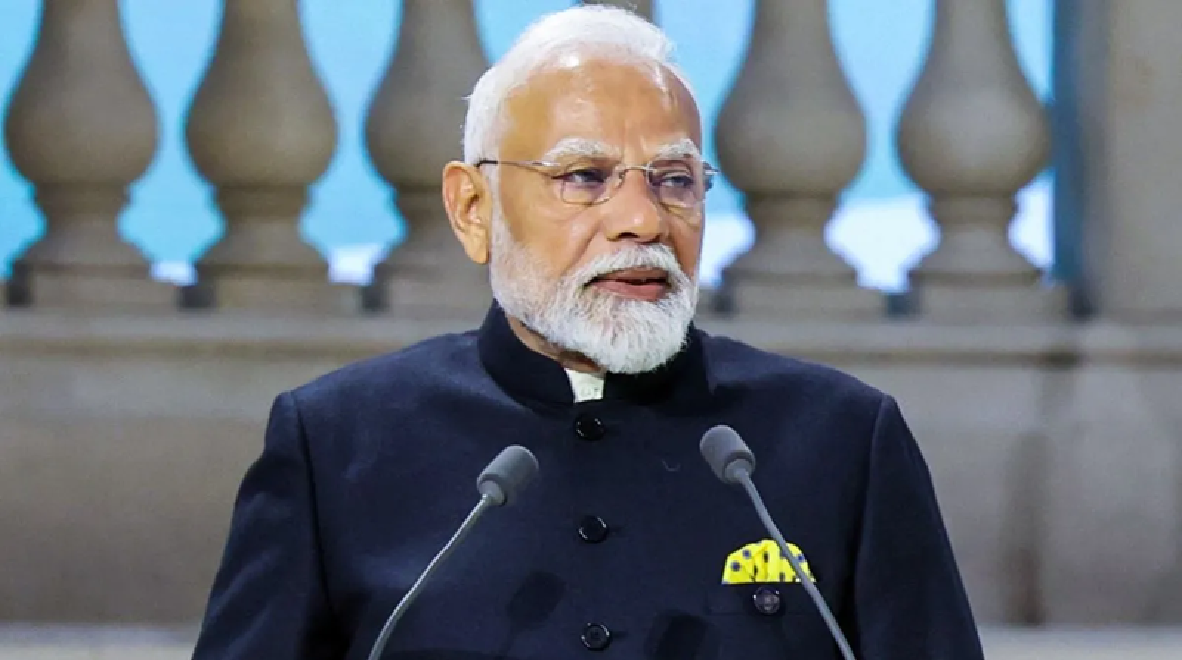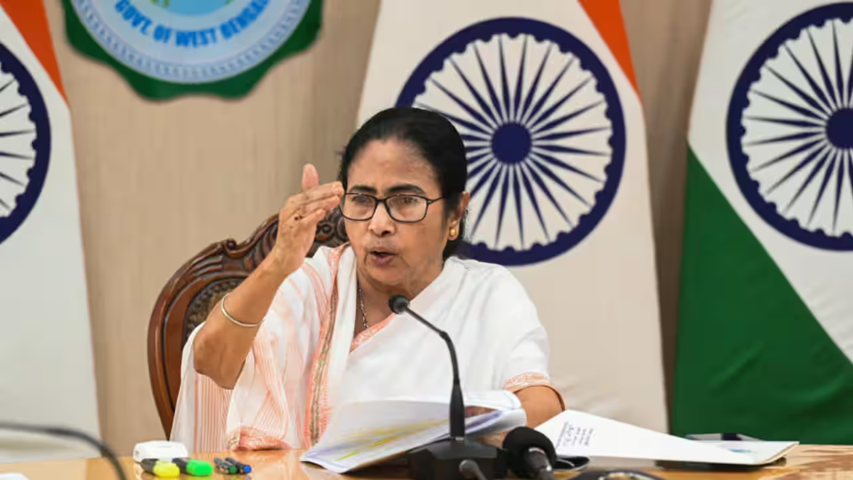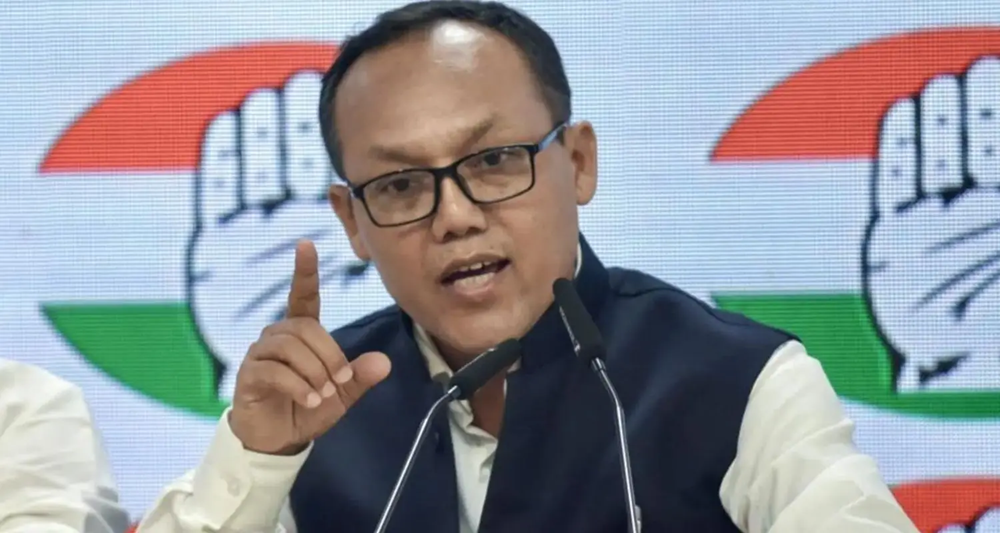
'Anonymous donations destroy democracy'
NT Bureau, Agencies
New Delhi: The "opaque" electoral bonds scheme for funding political parties will "destroy democracy” as it promotes corruption and does not allow a level playing field between the ruling and opposition parties, the petitioners challenging the validity of the scheme told the Supreme Court, which on Tuesday observed election funding was a "complicated issue".
Advocate Prashant Bhushan, appearing for petitioner NGO Association for Democratic Reforms (ADR), told a five judge constitution bench headed by Chief Justice D Y Chandrachud that the electoral bonds scheme defeats the citizen's right to be informed about sources of funding of political parties which is a fundamental right under Article 19 (1) (a) of the Constitution.
Commencing the arguments on a batch of pleas challenging the validity of the scheme, Bhushan said this "opaque" and "anonymous instrument" promotes corruption in the country and there is a good reason to believe that these bonds are being given by way of kickbacks to parties in power.
Bhushan referred to a chart and said as per the party-wise donations received through electoral bonds until 2021-2022 declared in the audit report, the BJP received Rs 5,271 crore, while the Congress got Rs 952 crore.
He also gave figures about the donations received by other political parties through electoral bonds during the period until 2021-2022, which included Rs 767 crore to the TMC, Rs 63 crore that went to the NCP's kitty and Rs 48 crore to the Aam Aadmi Party.
Advocate Shadan Farasat, appearing for the Communist Party of India (Marxist), which is one of the petitioners in the case, said they are the political party which has taken a conscious decision not to accept any electoral bonds.
"The architecture and effect of electoral bonds scheme is not to reduce black money funding of political parties but to reroute the non-anonymous banking channel funding to anonymous electoral bonds," he said, adding the "informational black hole" which the scheme creates goes against the concept of informed electorate under Article 19 (1) (a) and Article 326 of the Constitution.
"The only significant contributions are all to the ruling parties either at the Centre or states," he said, adding, there are no significant contributions to parties which are not in power.
"This will destroy democracy. Already our democracy was almost a money game. It has become a money game," Bhushan said. Kapil Sibal, who appeared for a petitioner, said capital and influence go hand in hand, and the electoral process must be such that it provides a level playing field.
"Free and fair election is the basic structure of the Constitution," Sibal said, adding the moment one allows the corporate sector to donate, it is inconsistent with the concept of a corporate sector in business.
 English daily published in Bengaluru & Doha
English daily published in Bengaluru & Doha


